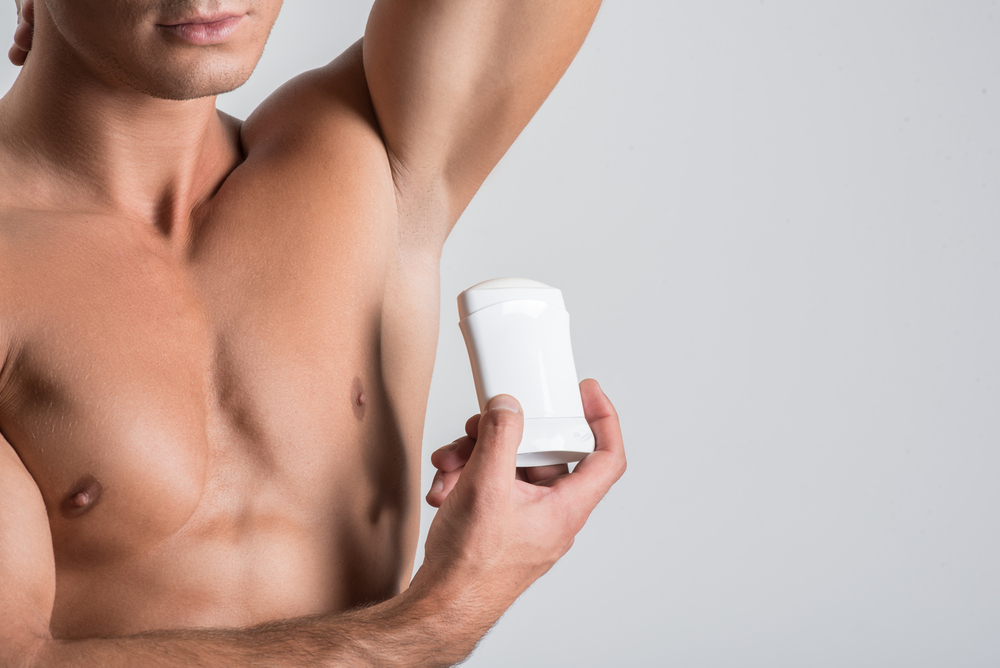Comprehensive Methods to Effectively Manage Body Odor and Maintain Freshness
Discover comprehensive strategies for managing body odor effectively. This guide covers causes, preventive measures, lifestyle tips, and when to seek medical help. Learn how to stay fresh and confident daily.

Comprehensive Methods to Effectively Manage Body Odor and Maintain Freshness
Body odor is a common concern that affects many individuals worldwide. It manifests as unpleasant smells emanating from the body, primarily caused by a combination of factors related to hygiene, diet, and skin health. While body odor is normal to some extent, persistent or strong odors can affect confidence and social interactions. Fortunately, understanding the causes and implementing effective prevention and treatment strategies can greatly reduce or eliminate body odor, helping individuals feel more comfortable and confident in their daily lives. This comprehensive guide aims to shed light on the root causes of body odor and provide actionable tips to manage it effectively.
Understanding the Causes of Body Odor
Several factors contribute to the development of body odor, and identifying these can be crucial in choosing the right approach to manage it. Here are the primary causes:
Inadequate personal hygiene: Irregular bathing or insufficient cleansing can lead to the buildup of sweat and bacteria on the skin surface, resulting in unpleasant odors.
Excessive sweating: Conditions such as hyperhidrosis cause excessive sweating, which provides more substrate for bacteria to produce odor-causing compounds.
The presence of bacteria and germs: Bacteria naturally reside on the skin, especially in moist areas like armpits, groin, and feet. Their interaction with sweat produces volatile compounds responsible for body odor.
Diet and food intake: Consuming foods rich in sulfur compounds, such as garlic, onions, and certain spices, can influence the smell as these compounds are expelled through sweat and breath.
Underlying health conditions: Medical issues like infections, metabolic disorders, or hormonal imbalances can also contribute to abnormal body odors.
Recognizing these causes is the first step toward effective management. Once the root issues are identified, personalized treatment plans can be developed to address specific concerns. For instance, improving hygiene practices or adjusting diet can significantly influence body odor levels.
Effective Strategies to Prevent and Reduce Body Odor
Implementing proactive habits and lifestyle changes can help maintain freshness throughout the day. Below are some practical and proven tips:
Maintain rigorous personal hygiene: Shower daily, especially focusing on areas prone to sweating such as armpits, groin, and feet. Use antibacterial soaps that help reduce bacterial colonies on the skin.
Keep skin well-moisturized: Dry, healthy skin is less prone to bacterial growth. Use appropriate moisturizers that do not clog pores.
Avoid skin irritations and cuts: Proper shaving techniques and avoiding skin abrasions prevent bacteria from harboring in broken skin.
Dress in breathable clothing: Wear loose-fitting, natural-fiber fabrics such as cotton and linen that allow air circulation and reduce sweating.
Practice deodorization: Use antiperspirants and deodorants that not only mask odors but also reduce sweat production.
Adopt a balanced diet: Incorporate foods known for their odor-neutralizing properties like citrus fruits, mint, parsley, and celery. These foods contain natural compounds that help mask or neutralize odors from within.
Stay hydrated: Drinking plenty of water flushes toxins and supports overall skin health, reducing potential odors caused by metabolic waste.
Limit odor-causing foods: Reduce intake of foods high in sulfur compounds, such as onions and garlic, if body odor becomes problematic.
Seek medical advice when necessary: If persistent odor issues occur despite good hygiene and lifestyle adjustments, consult healthcare professionals for diagnosis and treatment options.
By adopting these strategies, most individuals can experience a noticeable reduction in body odor. For persistent or severe cases, it's important to seek medical evaluation to identify and treat any underlying health issues. Tailored treatments, such as prescription-strength antiperspirants or medical interventions for conditions like hyperhidrosis, may be recommended by healthcare providers.
In conclusion, managing body odor involves an integrated approach that combines personal hygiene, dietary habits, clothing choices, and medical guidance when needed. Consistent efforts can lead to improved freshness and confidence in social and professional settings, significantly enhancing quality of life.





